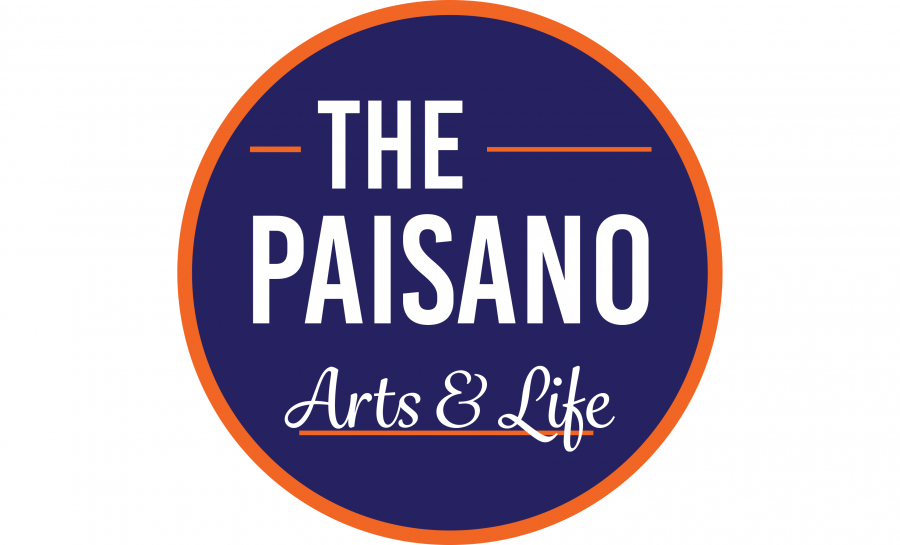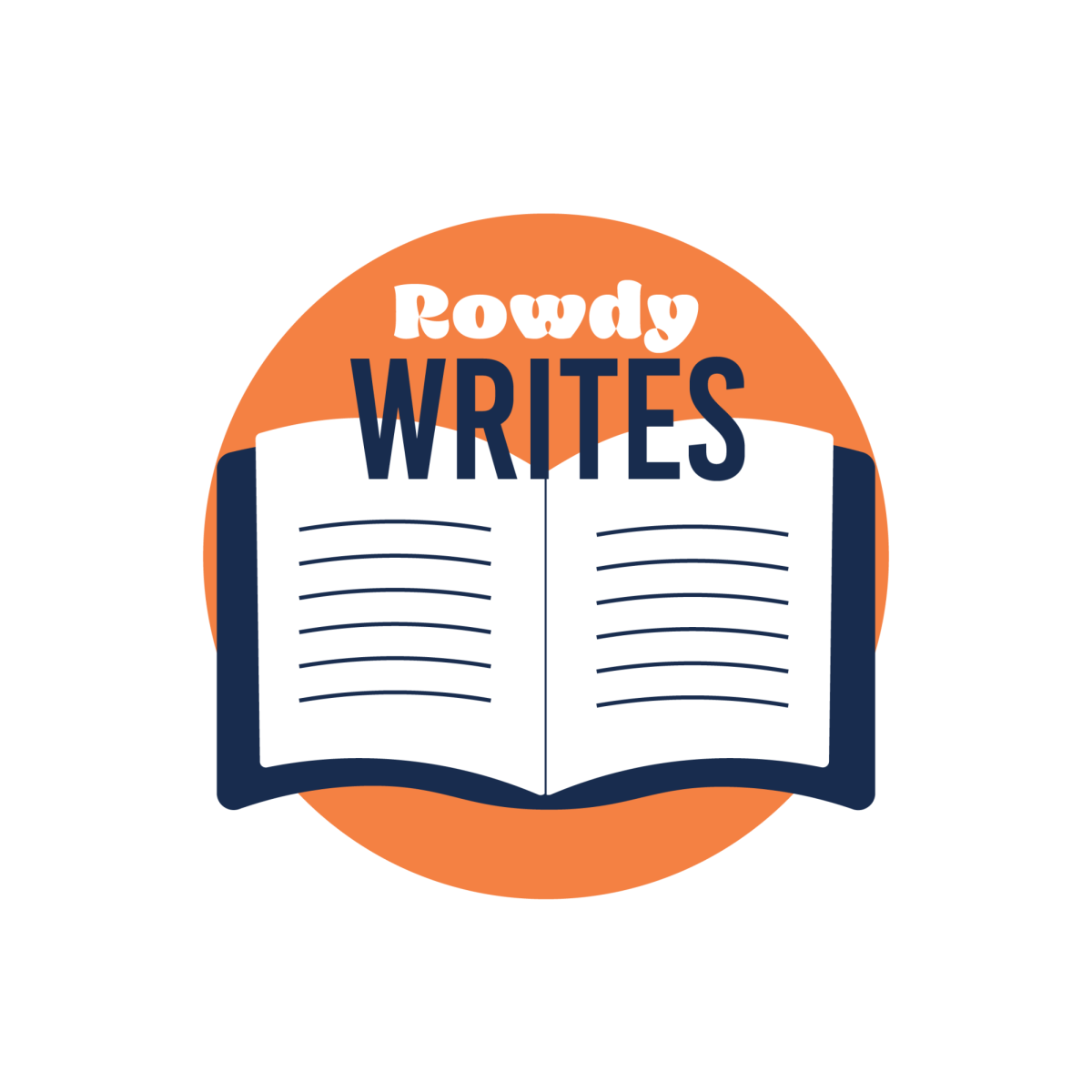

Photo Courtesy of Reyes Cárdenas
“I’ve always wanted more than a revolution can provide.” Reyes Cárdenas pauses after reading the last line of his poem, closes his book and steps down off the podium.
In wake of the recent release of his compilation of poetry and short fictions, Reyes Cárdenas was present on UTSA’s Main Campus to do select reading from “Reyes Cárdenas: Chicano Poet 1970-2010,” a retrospective in chronological order of writing done throughout Cárdenas’ life.
Born and raised in Sequin, Texas, Cárdenas, whose primary profession is a machinist, has been writing since the early ‘70s and continues to this day. Cárdenas has been publishing his poetry online through Blogspot since 2004, updating it fairly regularly — his most recent post was on September 26, 2013.
Cárdenas’ work focuses on his heritage, his life in Texas and, in some instances, science fiction. One of the bigger pieces in the anthology, “Los Pachucos y La Flying Saucer,” combines all three.
“Los Pachucos y La Flying Saucer” is a story about a flying saucer, erotically shaped like a woman, that crash lands in San Antonio and is discovered by two “pachucos.” The two men nurse her back to health and travel throughout time and space getting into street fights with sailors, taking refuge in the Alamo at the time it was being defended by James Bowie and traveling to the flying saucer’s home planet of Gogogirl and fighting Mariachis with Pancho Villa.
Other poems and prose throughout the book, like the poetry in “Selections From Anti-Bicicleta Haiku” and “Selections From Survivors of the Chicano Titanic,” are a little less far-fetched and focused more on the hardships that Chicanos faced during the Chicano Movement.
One of Cárdenas’ most noteworthy poems is “I Was Never A Militant Chicano.” The poem’s narrator compares himself to Chicano, Latin and other Spanish-decent revolutionaries — Cesar Chaves, Corky Gonzales, Reies Tijerina, Che Guevara — and points out some of the different actions that they have done that he has not, like opening fire on a federal courthouse. He ends the poem on an explanatory note: “I was never a militant Chicano, but only because I’ve always wanted more than a revolution can provide.”
After Cárdenas’ readings he opened the floor for questions. He was asked about his inspirations, his ideas on the use of both English and Spanish in the same poem or story, but one question in particular arguably expresses who Cárdenas is. When asked how he classifies himself, as a Mexican-American or a Hispanic, Cárdenas answered, “A Chicano.”
“Reyes Cárdenas: Chicano Poet 1970-2010” is available through Aztlan Libre Press, and new works from Cárdenas can been seen on his personal blog chicanopoet.blogspot.com.






